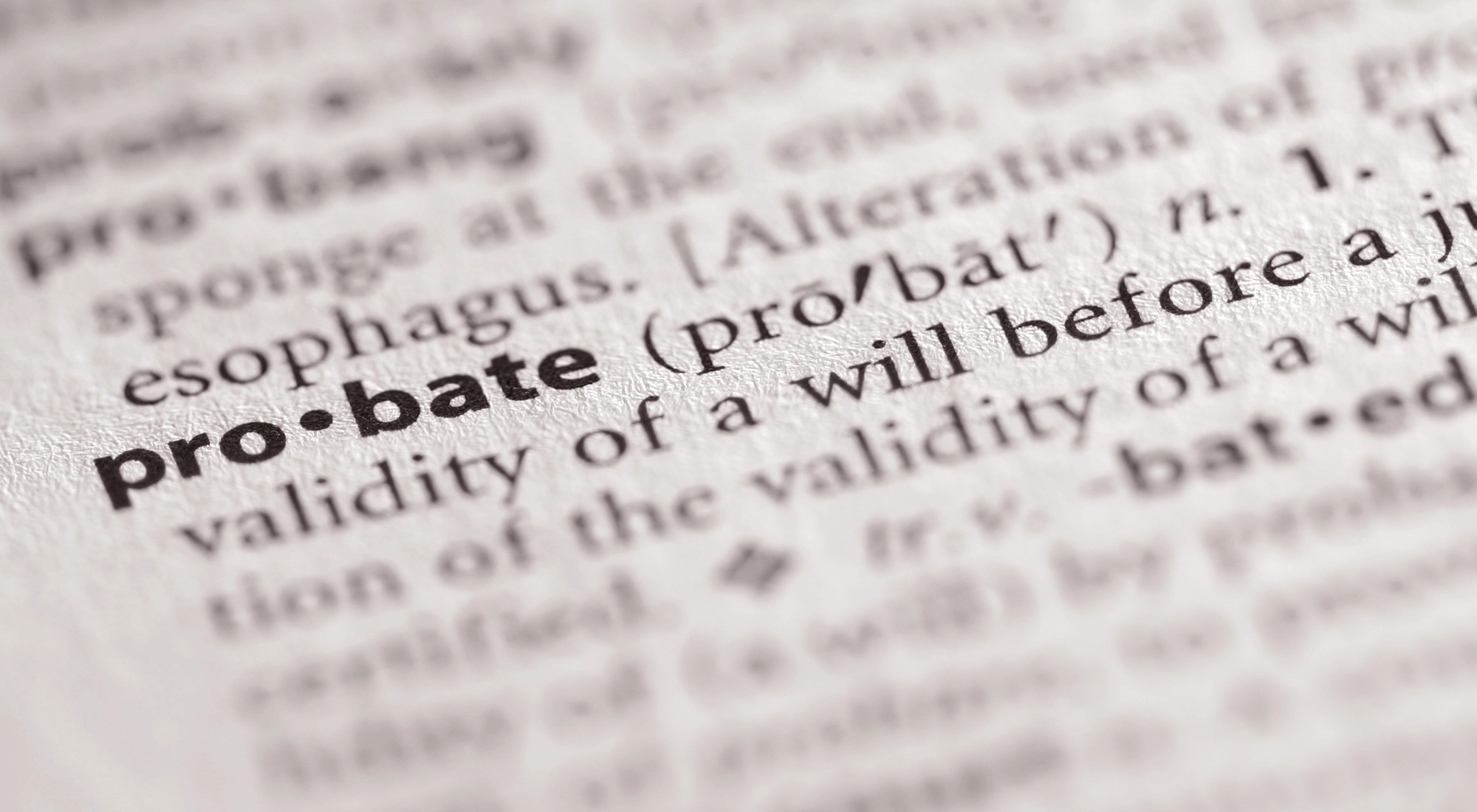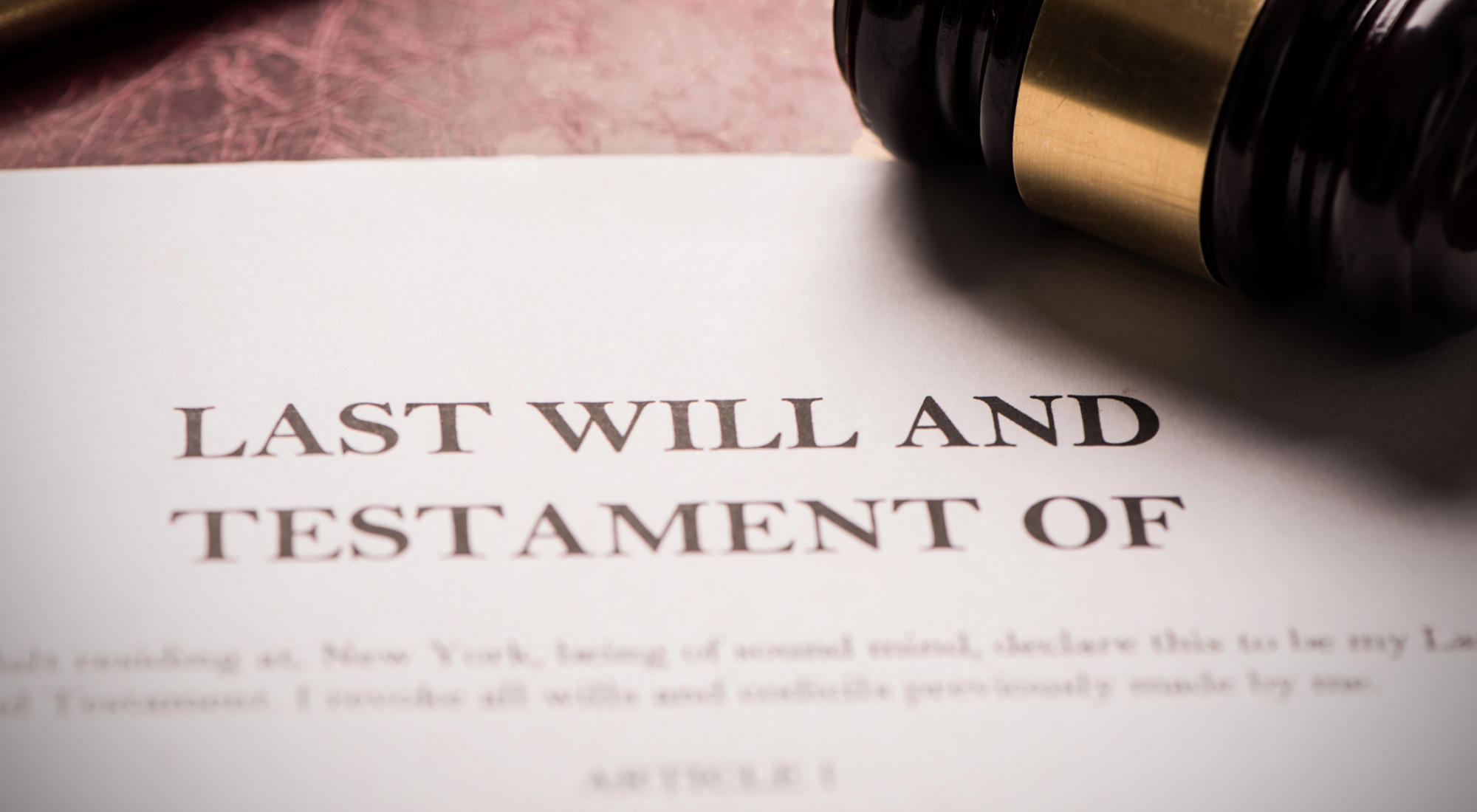Articles
Our articles provide practical guidance and trusted insight on estate planning, probate, elder law, and related topics. Whether you're planning for the future or navigating a legal process, these resources are here to help you better understand your options.
We cover common questions about wills, trusts, Medicaid planning, powers of attorney, and more—always with a focus on clarity and relevance to your situation. Our goal is to simplify complex legal topics so you can take the right steps to protect yourself, your loved ones, and your legacy. Check back regularly for new articles and timely updates.

Avoid the Pain of Probate: Start Your Estate Plan Today
"The greatest amount of wasted time is time not getting started." -Dawson Trotman In his article "Uncomfortable Lessons I Have
LEARN MORE >>

Probate Explained: Indiana Law, Small Estate Affidavits, and Trust Alternatives
Probate is the legal process through which a deceased person's assets and beneficiaries are determined, and then those assets are
LEARN MORE >>

What Is a Power of Attorney and Why You May Need One
A Power of Attorney (often nicknamed "POA") is the legal authority given to another adult to act on your behalf,
LEARN MORE >>

Indiana Estate Planning: Do I Need a Last Will and Testament?
A Last Will and Testament is a document that essentially accomplishes two goals. First, it gives directions for the distribution
LEARN MORE >>

LegalZoom or Lawyer? Comparing Online Estate Planning to Working with a Professional
“The Bitterness of Poor Quality Remains Long After the Sweetness of Low Price is Forgotten” - Benjamin Franklin The quote
LEARN MORE >>

Living Will, Last Will, and Advance Directive: Understanding the Differences
“What's in a name? That which we call a rose by any other name would smell as sweet.” - Quote
LEARN MORE >>